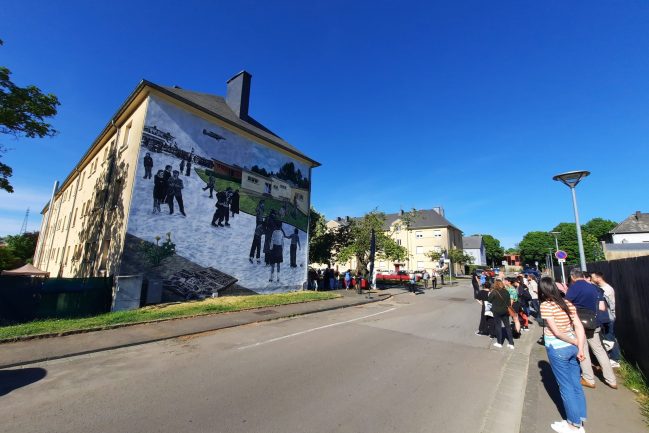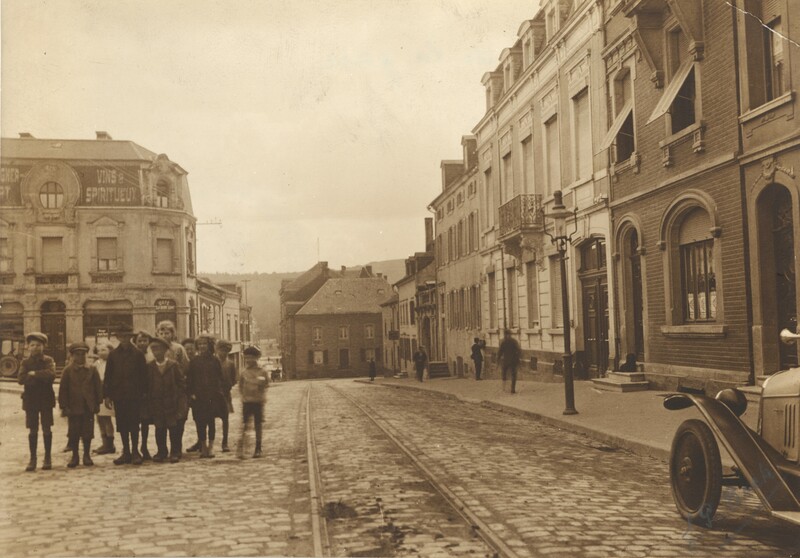Overview of projects
Historesch Gesinn provides a platform for researchers, associations and institutions to reach out to the public about historical themes. Besides our featured research themes on the homepage, you can learn about other projects through this page.
Dancing
Balls als popular entertainment in Minett, Luxembourg
Dancings, Zeltfester, Discos… Have you danced through the night or played in a band in the Minett? Share your memories and contribute to Luxembourg’s cultural history! The Dancing project examines balls as popular entertainment in the Minett in the second half of the 20th century. It traces the evolution of practices and cultures around popular dance and music, against the backdrop of ordinary daily life in the Luxembourg industrial region.
More soon…
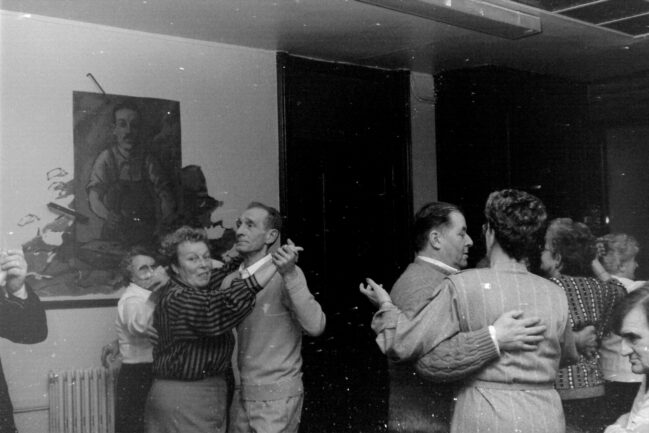
Polonia
Polish sociabilities in Luxembourg in the twentieth century
Polish sociabilities in Luxembourg are deeply entwined with local social dynamics. This wider historical lens allows us to move beyond mere administrative interactions upon arrival, uncovering the durability and impact of social connections formed by Polish migrants throughout the 20th century. This research interrogates Polish presence and connections within the Great Region, examining the role of Polish organisations and individual participation in local societal frameworks.
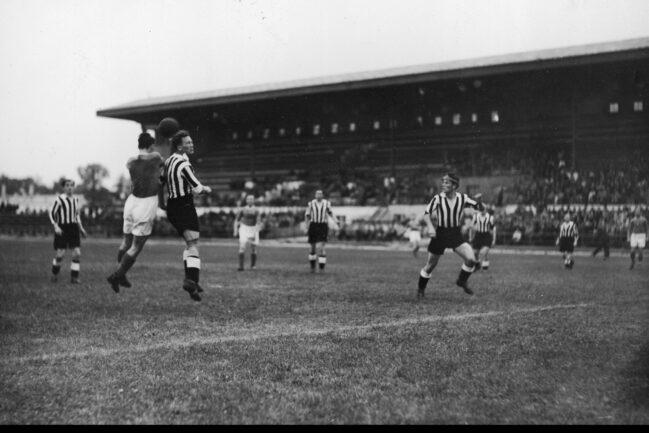
HistorEsch
Public History Activities in the city of Esch-sur-Alzette
HistorEsch is the overarching name for a series of public engagement activities that were organized in 2021 and 2022 to actively involve the residents of the city Esch-sur-Alzette in the narration of their cities’ history. Using various methods of engagement, the public learned about the history of the city through art (fresco), stories (audiotour) or objects (exhibition).
The lessons learned from the HistorEsch project inspired the Historesch Gesinn platform, which aims to promote public history beyond the scope of Esch-sur-Alzette.
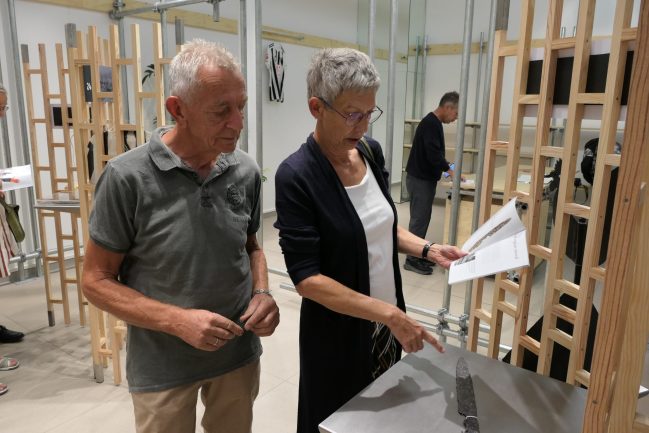
Guide
how to do public history in urban spaces
Based on concrete examples drawn from the Centre for Contemporary and Digital History (C²DH)’s activities in the city of Esch sur Alzette (Luxembourg) between 2020 and 2024, this guide offers a method to develop more collaborative public projects on the history of cities, towns, neighborhoods, with local communities.
Public history is a way of producing a history that is more accessible to the general public, that relies on the participation from members of the public, and that engages with public debates about the past. The co-creation of history between researchers, institutions, associations, and local residents supports public and social inclusion, and provides participants with training and new understanding of their city, neighborhood, and community. Designed as a WikiHow, this guide proposes several how-to steps.
